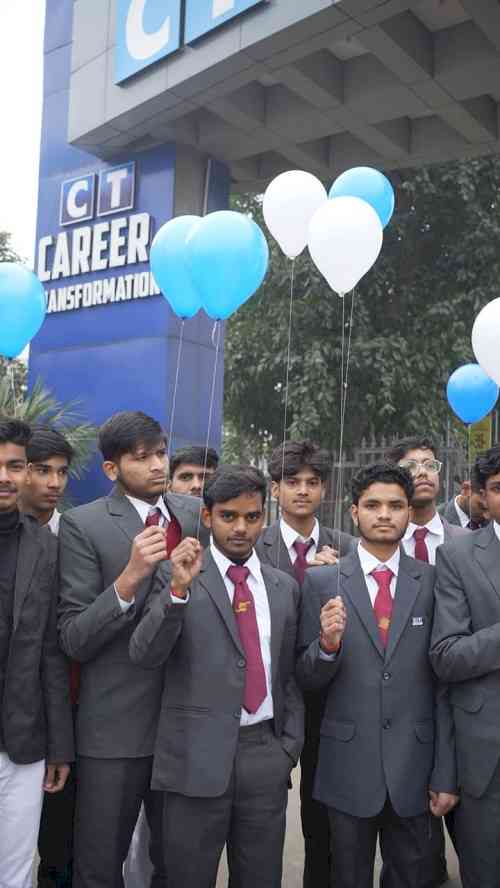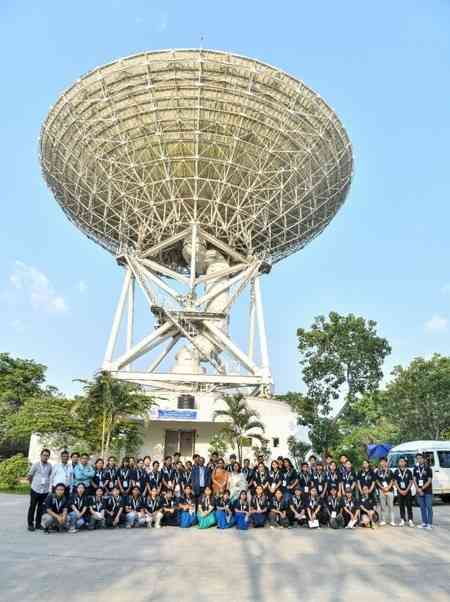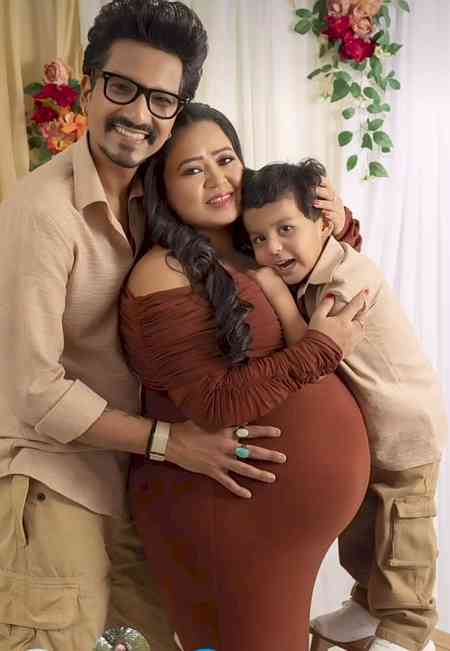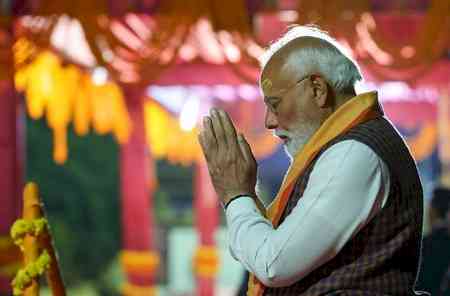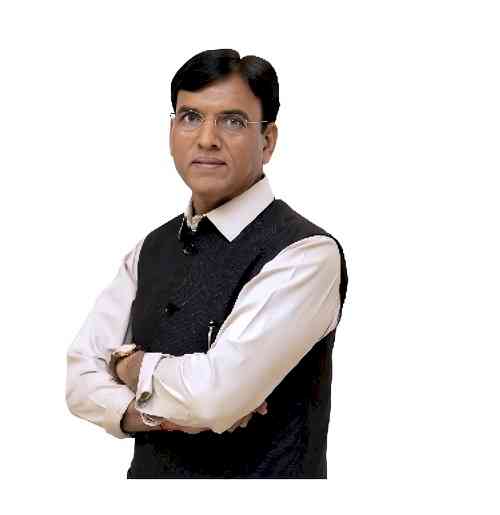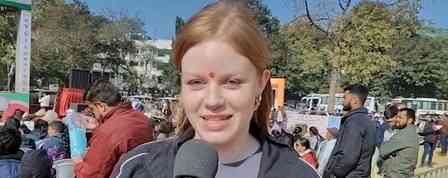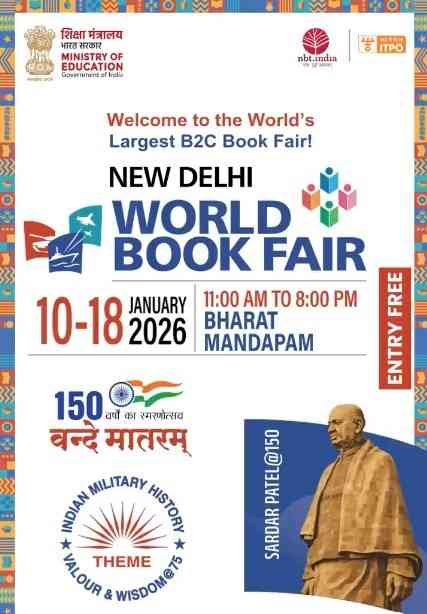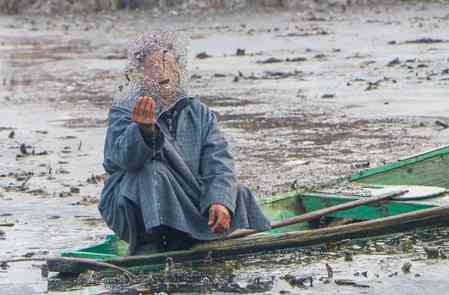Lessons in Editing, Direction, and Film Discourse Inspire Film Workshop Participants at DLC SUPVA
The Five-Day Film Workshop at Dada Lakhmi Chand State University of Performing and Visual Arts (DLC SUPVA), being organized in collaboration with Cine Foundation Haryana, entered its third day with immersive sessions on film editing, direction, and film discourse, followed by a hands-on ideation exercise for creating short films.
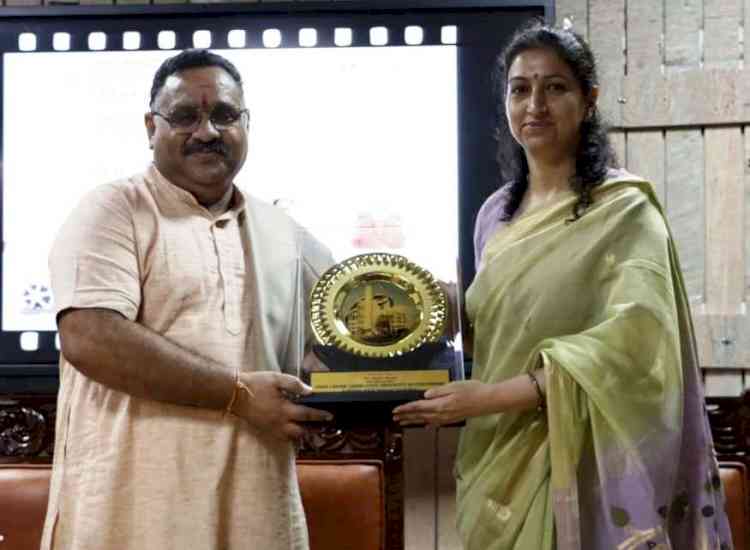
Rohtak, August 21, 2025: The Five-Day Film Workshop at Dada Lakhmi Chand State University of Performing and Visual Arts (DLC SUPVA), being organized in collaboration with Cine Foundation Haryana, entered its third day with immersive sessions on film editing, direction, and film discourse, followed by a hands-on ideation exercise for creating short films.
The morning session was conducted by Indranil, Head, Department of Film Editing, DLC SUPVA, who introduced the participants to the fundamentals of film editing. Emphasizing that editing is the “invisible art” of cinema; he explained how it determines rhythm, continuity, and emotional impact.
As a case study, the students analyzed a series of short films produced in 1896 by the Lumière brothers, Auguste and Louis, pioneers of early cinema who created the first motion picture camera and projector. These short glimpses of everyday life — workers leaving a factory, a train arriving at a station, children playing — were dissected to demonstrate how editing evolved from its simplest form into a sophisticated tool for storytelling.
In the afternoon, Mauli Senapati, Professor of Direction, DLC SUPVA, conducted a session on the basics of film direction. He emphasized that both characters and stories emerge from the contemporary social milieu and prevailing culture.
“A director must be deeply aware of the society around him. Awareness is not optional — it is essential. Without understanding culture and context, a director cannot create authentic or meaningful cinema,” he remarked.
He urged the participants to combine technical knowledge with cultural sensitivity, noting that good direction lies in harmonizing vision with social realities.
Later, Anil Kumar, Kshetra Prachar Pramukh, Rashtriya Swayamsevak Sangh (RSS), addressed the participants on the theme of Film Discourse. He underlined that every film carries a message that finds expression through its narrative.
“Film narratives are never neutral — they are rooted in beliefs, values, and ideology. Cinema, in many ways, reflects the broad direction of prevailing mass beliefs,” he said.
He also spoke about the impact of digital platforms, observing that OTT has revolutionized cinema by breaking barriers of geography and language. Regional and realistic cinema, he added, is finding enthusiastic audiences even in urban centres, thereby democratizing viewership and creating space for diverse stories.
In the evening, as part of practical training, participants were divided into several teams and engaged in an ideation session with mentors. The exercise encouraged them to brainstorm on concepts, scripting, and planning for short films that will be developed as the final outcome of the workshop. This collaborative exercise not only tested their creative instincts but also reflected the team-based spirit of filmmaking.
The third day’s sessions provided participants with a comprehensive understanding of cinema’s evolution, technical foundations, and cultural dimensions.


 Girish Saini
Girish Saini 

